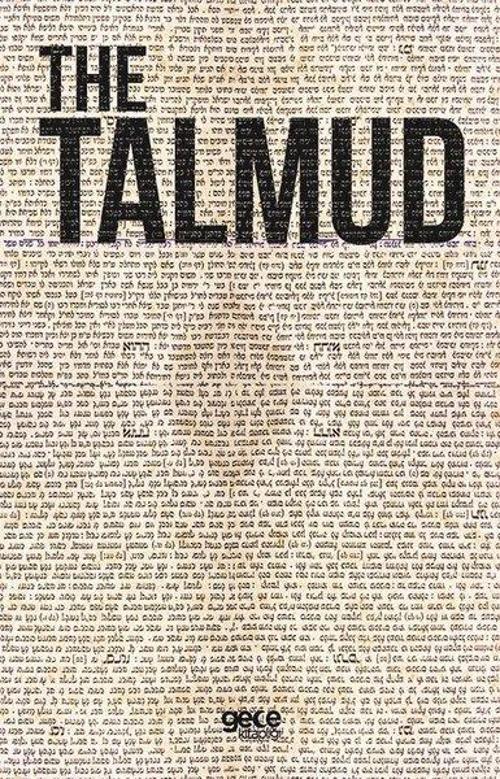It appears from the undisguised acknowledgments of the New Testament, that the doctors and rabbies of the Jews, the Pharisees, and scribes, were the implacable enemies of Jesus of Nazareth, and that they were the main instruments in effecting his death. The modern Jews consider this fact as a sufficient apology for their rejection of his claims to the Messiahship. They take it for granted that the great and learned men of that day were also good men, and that they had valid reasons for their conduct. They think if Jesus of Nazareth had been the true Messiah, that the Sanhedrin, the great Jewish council of the time, would have acknowledged him, and conclude that, as they rejected him, he cannot be the true Messiah. The New Testament, on the contrary, accounts for their unbelief by plainly telling us, that they were bad men; and that they were enemies to the Lord Jesus, because he told them the truth, and exposed their hypocrisy. Now, which of these two representations accords with the truth? Were the scribes and Pharisees, those great advocates of the oral law, תורה שבעל פה, good men or bad men? The readers of our first number will be in some degree qualified to answer this question. Could those be good men who profanely talked of the lawfulness of killing an unlearned man, and who contemptuously compared the wives and daughters of the unlearned to “vermin and beasts?” If they could talk with levity of “rending like a fish” an unlearned man, one of their own brethren who had never done them any harm, what were they likely to do with one who exposed their wickedness, and boldly told them that they by their traditions made void the law of God? The very fact, that Jesus of Nazareth was put to death by such men, is presumptive evidence, that he was a good man, and that his claims were just. But, however that be, it is worth while to inquire into the charges, which the New Testament brings against these learned men, and to see whether they are substantiated by the memorials of their character and spirit, which they themselves have left us in their laws. One of the charges preferred against them is, that they were ambitious men, covetous of worldly honour, and loving the pre-eminence. “But all their works they do to be seen of men; they make broad their phylacteries, and enlarge the borders of their garments. And love the uppermost rooms at feasts, and the chief seats in the synagogues, and greetings in the markets, and to be called of men, Rabbi, Rabbi.” (Matt. xxiii. 5-7.) Now, is this charge true? Does the oral law justify this assertion, or does it prove, on the contrary, that the enemies of Jesus were humble, pious men, whose piety serves as a warrant for the uprightness of their conduct in their treatment of the Lord Jesus? Let the reader judge from the following laws which these men framed with respect to themselves. In the first place they claim for themselves more honour and reverence than is due to a man’s own parents
(Tanıtım Bülteninden)
Neden idefix?
Siparişinizi teslim aldığınız tarihten itibaren 14 gün içinde iade edebilir, iade sürecinin tamamlanmasının ardındansa ödemenizi hızla geri alabilirsiniz.
Kullanıcı dostu ara yüzümüz tüm ihtiyaçlarınıza eksiksiz yanıt verebilmek için tasarlandı. Deneyiminizi uçtan uca kusursuz kılmak adına çağrı merkezimiz ve canlı destek hattımızla ihtiyaç duyduğunuz her anda yanınızdayız!
Siparişlerinizin bir an önce ulaşması için sabırsızlandığınızın farkındayız. Sunduğumuz farklı teslimat seçenekleri arasından size en uygununu belirlemeniz, siparişinizi olabildiğince çabuk veya dilediğiniz zaman aralığında sorunsuz bir biçimde teslim etmemiz için yeterli.

